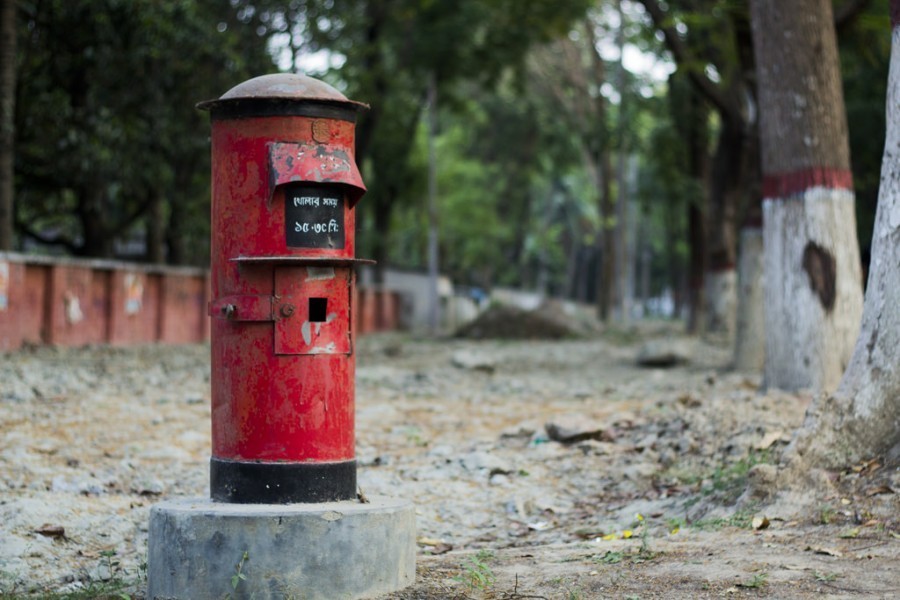Years ago when there was a much publicised initiative to energise the almost non-functional postal department with e-services and required logistics, there was a mixed reaction hinging more on a sense of scepticism as to the feasibility of such a move, however time-befitting that might have been. This was primarily because a typical government agency that only experienced routine activities did not seem capable enough to cope with the new ways - that too in competition with the private sector. In reality, things were not far different.
It appeared that the thought of utilising the country-wide postal network ran short of ideas. Although a lot of money got spent, the purpose remained largely unattained. It was reported at that time that in order to revamp the postal services through introducing electronic services, a 5.41 billion taka project was taken up. The postal department aimed to use its network of 8,500 post offices to offer the services and become market leader in e-commerce. That did not happen, although it must not be denied that few changes did come in the service delivery. Still, some of the electronic postal services such as postal cash cards, electronic money transfer did not fetch expected results.
The very recent news - a big one no doubt - is that the Prime Minister while inaugurating the newly built majestic Dak Bhaban in the capital has instructed the country's postal department to go for online business to reach perishable goods to the doorsteps of the people. The PM also said that since online business is booming, thanks to the pioneering work by the private sector in the pandemic time, it was high time the postal department also introduced the services so that perishable goods, food items, fruits and vegetables can be sent through their services. The PM emphasised the need for modernising and expanding the country's postal services, adding that besides digitising the postal system, the government procured more than a hundred mail vehicles to extend the services. The PM also said that to facilitate dispatch of goods, construction of 14 modern mail processing and logistic service centres equipped with chilling chambers to preserve the perishable items is nearing completion. In this connection it has been learnt that the government, as a starter, has taken measures to construct 38 model post offices equipped with modern mail processing, chilling facility, storage and digital facilities.
There are reasons to believe that the government is firmly committed to making the present initiative beneficial to both the postal department and the people. While generating revenue to meet the expenditure of the postal department is necessary, providing services in the new format, though challenging, is something to be reckoned with. The challenge is broadly two-fold: equipping the postal network with human and technical resources on one hand, and reinstating people's trust in the new services on the other. The authorities planning to strengthen and modernise the postal services must be aware of this; and being aware means they will have to put in their best and deliver services that, too, should be the best.


